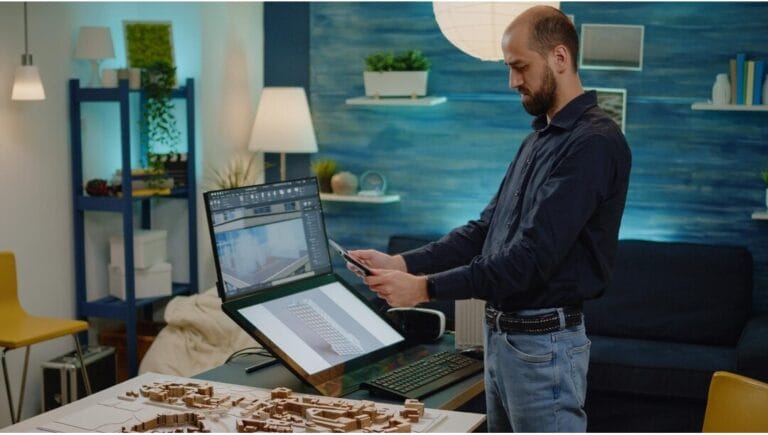Sustainability is more than a buzzword, it’s a responsibility. For small businesses, adopting eco-friendly practices can reduce costs, attract customers, and contribute to a healthier planet. Here’s a step-by-step guide to making your small business environmentally friendly, with practical tips to promote sustainability.
1. Conduct an Environmental Audit
Start by assessing your business’s environmental impact. Review energy usage, waste production, and supply chain practices. Identify high-energy equipment, single-use plastics, or inefficient processes. For example, if your office runs on outdated lighting, you’re likely wasting electricity. Use online tools or consult an energy auditor to pinpoint areas for improvement. This baseline helps you prioritize changes and track progress.
2. Reduce Energy Consumption
Energy efficiency is a cornerstone of sustainability. Switch to LED lighting, which uses up to 80 percent less energy than traditional bulbs. Install programmable thermostats to control heating and cooling when the office is empty. Encourage employees to power down computers and appliances at the end of the day. If your business relies on heavy equipment, consider upgrading to energy-efficient models. These changes cut costs and lower your carbon footprint.
3. Minimize Waste
Adopt a “reduce, reuse, recycle” mindset. Start by cutting single-use items like plastic cups or paper towels. Provide reusable alternatives and set up clearly labeled recycling bins. For businesses with physical products, evaluate packaging—opt for biodegradable or recyclable materials. If you generate food waste, explore composting options. Partner with local recycling programs to handle electronics or hazardous materials responsibly. Small changes, like going paperless with digital invoices, can make a big difference.
4. Utilize Roll-Away Dumpsters for Efficient Waste Management
For businesses generating significant waste, such as retail, manufacturing, or construction, roll-away dumpster rentals can streamline waste management while promoting sustainability. Partner with a waste management company that prioritizes recycling and proper disposal. Sort materials like cardboard, metal, or wood before disposal to ensure recyclables are diverted from landfills. Choose appropriately sized dumpsters – a 10-yard dumpster is ideal for smaller businesses – to avoid overfilling and schedule regular pickups to maintain a clean workspace. This approach reduces environmental impact and ensures compliance with waste regulations.
5. Source Sustainable Materials
Examine your supply chain for eco-friendly options. Choose suppliers who prioritize sustainable practices, like using renewable resources or ethical labor. For retail or manufacturing, source products made from recycled or biodegradable materials. If you run a café, for instance, opt for fair-trade coffee or compostable to-go containers. Transparent sourcing not only reduces environmental impact but also appeals to eco-conscious customers.
6. Encourage Green Commuting
Transportation is a major contributor to emissions. Encourage employees to carpool, bike, or use public transit by offering incentives like subsidized transit passes or bike storage. If your business operates a fleet, consider hybrid or electric vehicles. For remote-friendly businesses, allow flexible work-from-home policies to reduce commuting altogether. These efforts lower emissions and show employees you value sustainability.
7. Educate and Engage Your Team
Sustainability starts with your team. Train employees on eco-friendly practices, like proper recycling or energy-saving habits. Create a green team to brainstorm and implement ideas, such as organizing a “zero-waste week” challenge. Recognize staff who champion sustainability with rewards or shout-outs. Engaged employees are more likely to embrace and sustain these practices long-term.
By integrating these steps, your small business can become a sustainability leader. Not only will you contribute to a healthier planet, but you’ll also build a brand that resonates with today’s eco-conscious consumers. Start small, stay consistent, and watch your green efforts grow.




